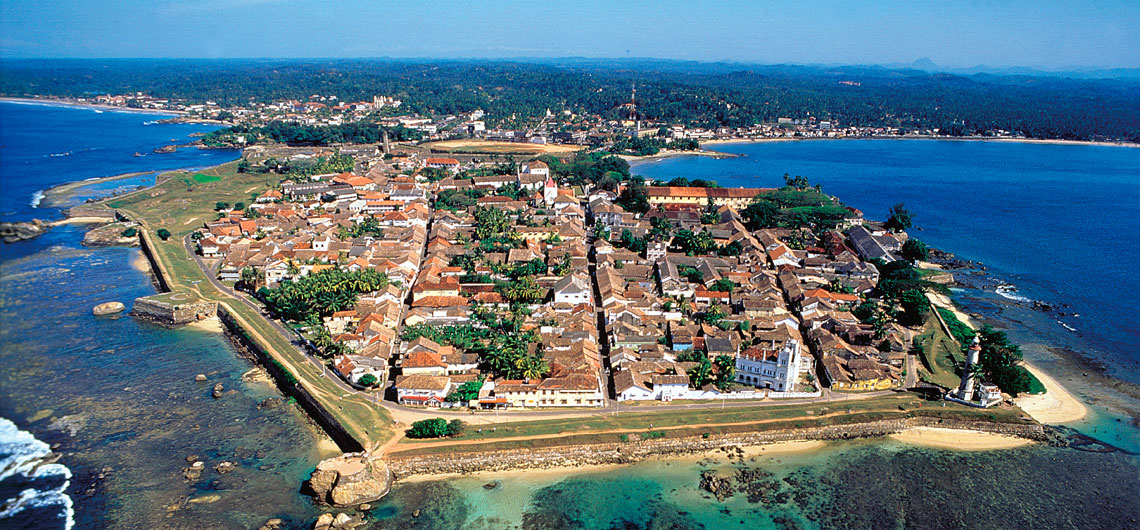
Hotline: (+94) 77 727 0581 (+94) 77 727 0581


Galle is a city on the south coast of Sri Lanka, the fortified old city founded by
Portuguese Colonists on the 10th century known for Galle fort. Stone sea
walls expanded by the Dutch encircle car free streets with architecture
reflecting Portuguese ,Dutch and the British rule. Notable buildings
include the 18th century Dutch Reformed Church.
Galle the best example of a fortified city built by the Portuguese in South and Southeast
Asia showing the interaction between Portuguese architectural styles and native
traditions. The city was extensively fortified by the Dutch during the 17th century from
1649 onwards. The Galle fort is a World Heritage Site and is the largest remaining fortress
in Asia built by European occupiers. The Galle fort is a historical ,archaeological and
architectural heritage monument, which even after move 400 years maintain a polished
appearance, due to extensive reconstruction work. It has a colorful history and has multi
ethnic and multi religious population. The port like most of the forts in Sri Lanka, is built
on a small rocky peninsula belonging to the sea as much as to the land covering an area
of 52 hectares. The fort was originally built by the Portuguese in the 16th century to
defend Galle, was an earthen structure with palisades covering the northern inland side
with a rampart and three bastions. The fort has two gates , the towering gates to the Fort
are termed “Portcullised gates” . Prominent landmark in Galle include the city’s natural
harbor , The National Maritime Museum, St Mary’s Cathedral founded by Jesuit priests,
Amangalle – the historic luxury hotel . Important natural geographical features in Galle
include Rumassala in Unawatuna, a large mound like hill that forms the eastern
protective harbor. Unawatuna is a major tourist attraction in Sri Lanka and known for its
beach and corals. Unawatuna is rich in its biodiversity, its greatest potential attraction for
eco tourism. Ramparts are a pretty impressive architectural construction of the Dutch. In
a building inside the rampart was once the Dutch ware house .Since Sri Lanka was a
British Colony for a while, some British customs are still in play among the people here.
